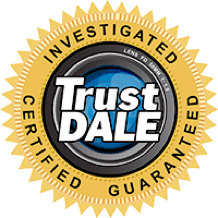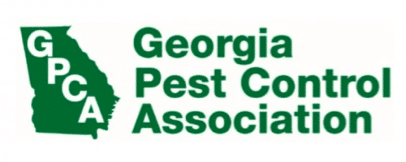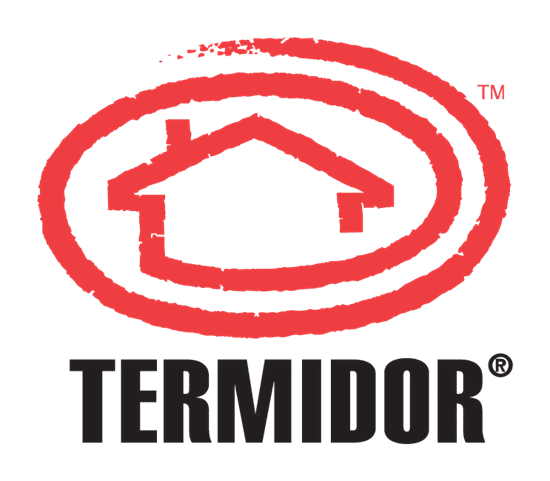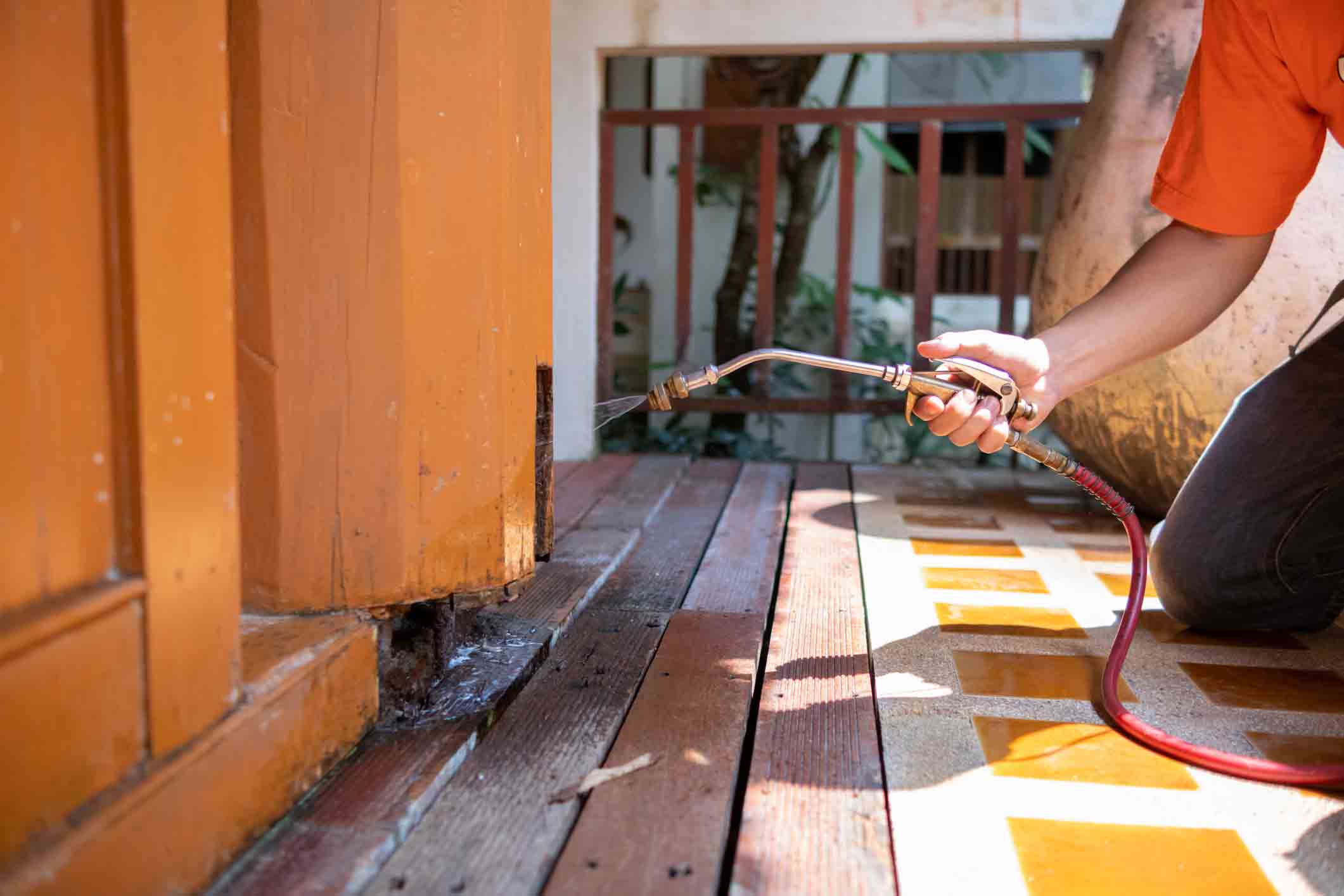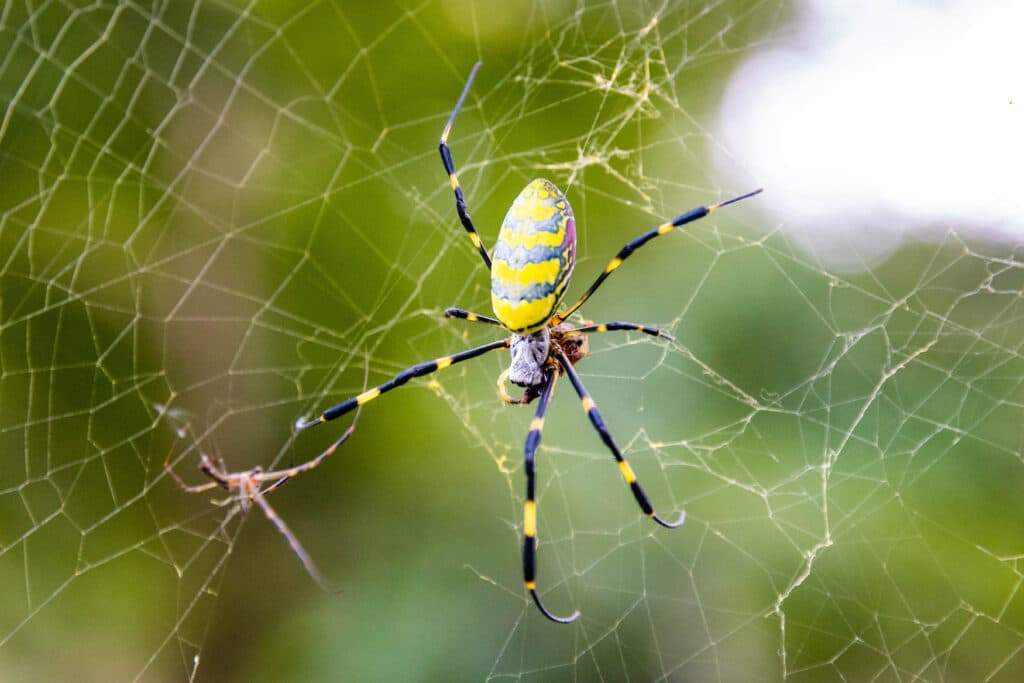
Getting Rid of Spiders
Spiders, with their intricate webs and fascinating behaviors, are an integral part of Georgia’s ecosystem. However, when spiders invade your home or business, they can become more than just a nuisance – they can also pose potential risks to your health and safety. At Zone Pest Solutions, we understand the importance of effectively managing spider infestations while respecting their ecological role. Our comprehensive spider control services are designed to help you reclaim your space from these unwelcome guests and restore peace of mind.
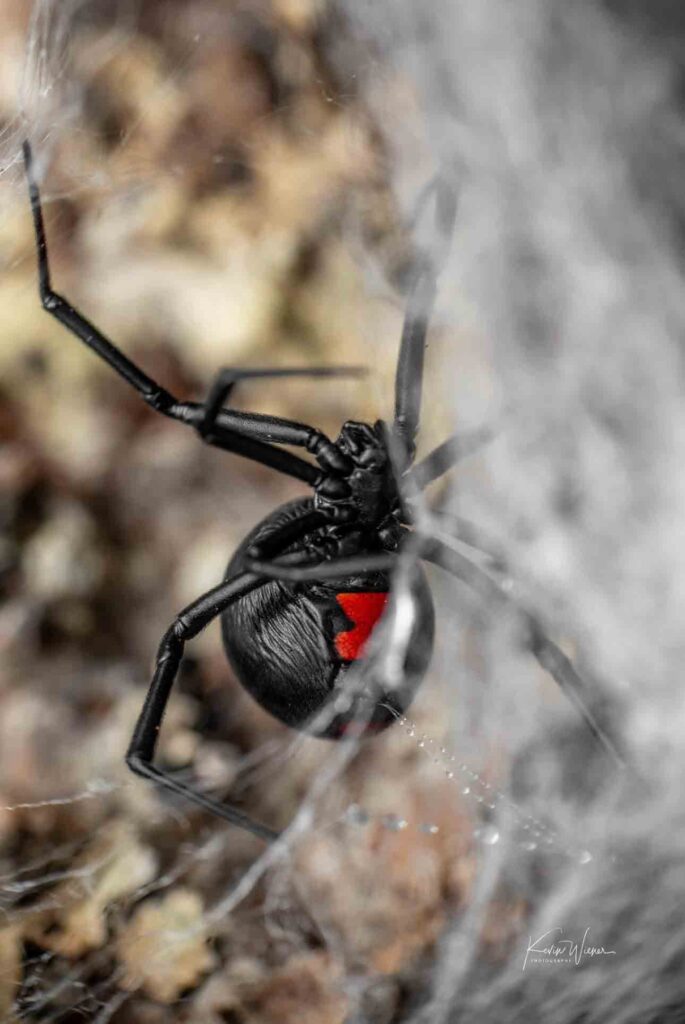
What Kinds of Spiders Are in Georgia?
Georgia is home to a variety of spider species, each with its own unique characteristics and behaviors. Many of us are familiar with the Joro spiders that seem to be invading our state, but there are many others. Some of the most common types of spiders found in Georgia include:
- Brown Recluse Spider: Brown recluse spiders are known for their distinctive violin-shaped marking on their cephalothorax. They are light to medium brown in color and typically measure about 0.25 to 0.75 inches in body length. Brown recluse spiders are venomous and can deliver a painful bite that may cause tissue damage and necrosis.
- Black Widow Spider: Black widow spiders are shiny black in color with a distinctive red or orange hourglass-shaped marking on their abdomen. They are venomous and can deliver a neurotoxic bite that may cause severe pain, muscle cramps, and other symptoms. Female black widow spiders are larger than males and typically measure about 1.5 inches in body length, while males are smaller and may have red or pink markings on their abdomen.
- Wolf Spider: Wolf spiders are large, robust spiders that are commonly found throughout Georgia. They are typically brown or gray in color with patterned markings on their abdomen. Wolf spiders are ground-dwelling spiders that hunt for prey at night and may enter homes and buildings in search of food and shelter. They are not considered dangerous to humans but may deliver a painful bite if provoked.
- Orb Weaver Spider: Orb weaver spiders are known for their intricate, wheel-shaped webs that they use to catch prey. They come in a variety of colors and patterns, depending on the species, and are commonly found in gardens, wooded areas, and other outdoor habitats. Orb weaver spiders are not considered dangerous to humans and are beneficial for controlling insect populations.
- Jumping Spider: Jumping spiders are small, agile spiders known for their ability to leap long distances to catch prey. They are typically black or brown in color with patterned markings on their body and legs. Jumping spiders are commonly found both indoors and outdoors and are not considered dangerous to humans.
- House Spider: House spiders, also known as cobweb spiders, are small brown or gray spiders commonly found in and around homes and buildings. They build messy, irregular webs in corners, crevices, and other secluded areas where they wait to ambush prey. House spiders are not considered dangerous to humans and are beneficial for controlling insect populations indoors.
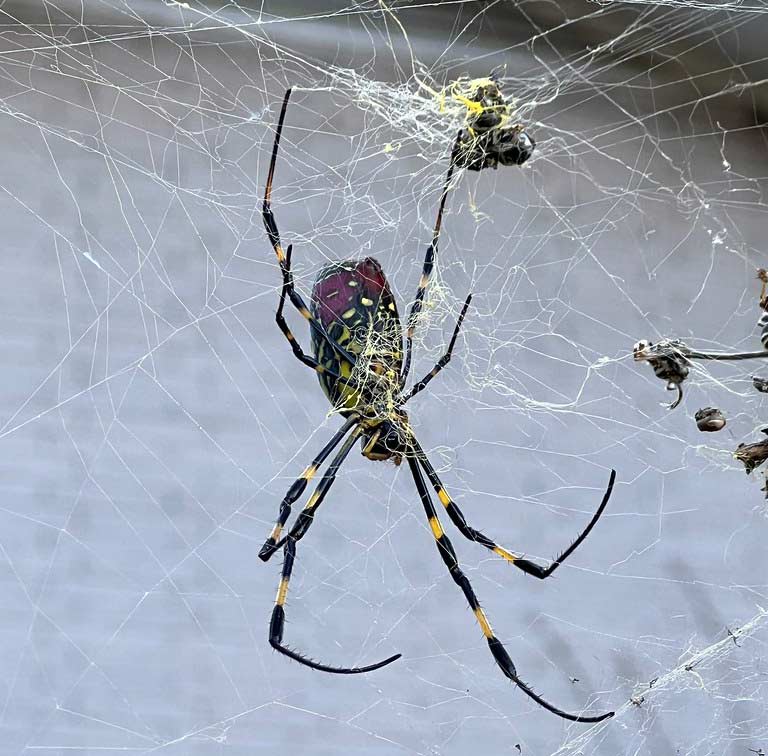
Understanding How Spiders Behave
Spiders are primarily carnivorous and play a crucial role in controlling insect populations. They typically hunt for prey using silk webs or by actively stalking their victims. While most spiders are harmless to humans, some species, such as the brown recluse and black widow, can deliver venomous bites that may require medical attention.
Spiders are attracted to areas with ample food sources, such as insects, and prefer dark, secluded spaces to build their webs or burrows. Common indoor hiding spots for spiders include closets, basements, attics, and behind furniture or stored items.
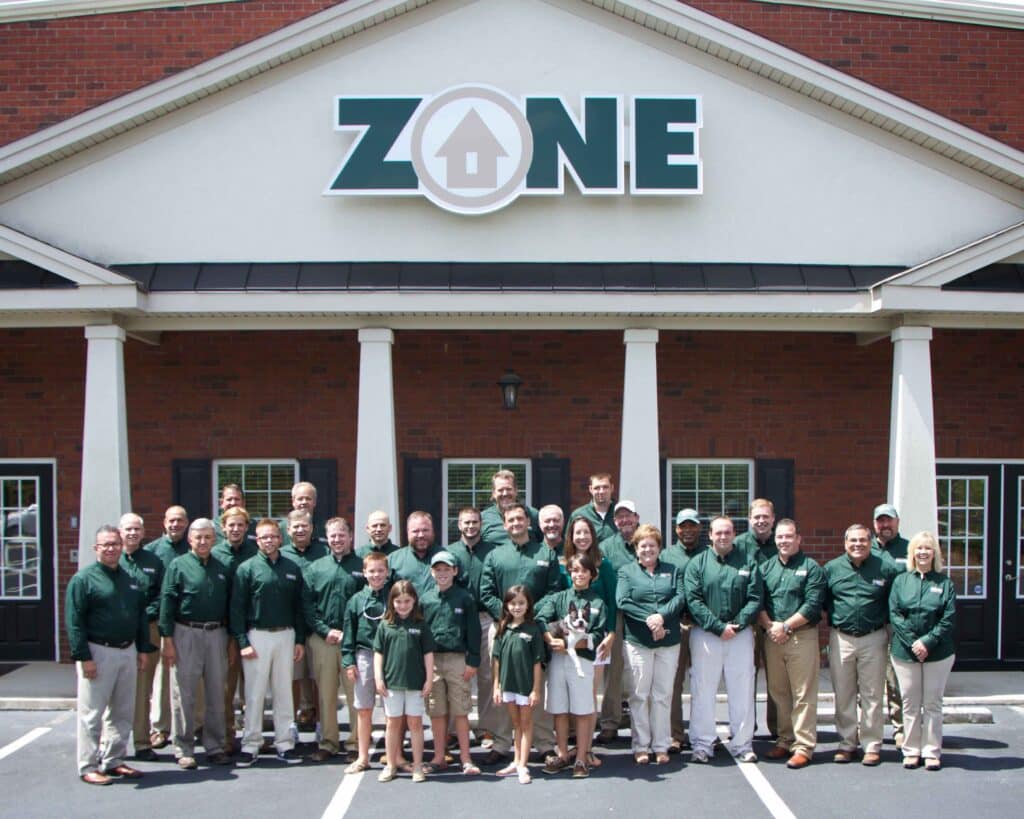
Spider Control Solutions
At Zone, we offer comprehensive spider control solutions tailored to your specific needs and preferences. Our process includes:
- Inspection: Our trained QualityPro technicians will conduct a thorough inspection of your property to identify the type of spiders present, locate their hiding spots and nesting areas, and assess the extent of the infestation.
- Treatment: Based on our findings, we will implement a customized treatment plan using proven spider control methods to eliminate the infestation quickly and efficiently. This may include applying targeted sprays, dusts, or baits to areas where spiders are active.
- Prevention: In addition to addressing the current spider problem, we will work with you to identify and address any conditions that may be attracting spiders to your property. This may involve sealing cracks and crevices, removing clutter, and implementing ongoing monitoring and maintenance strategies to prevent future infestations.

